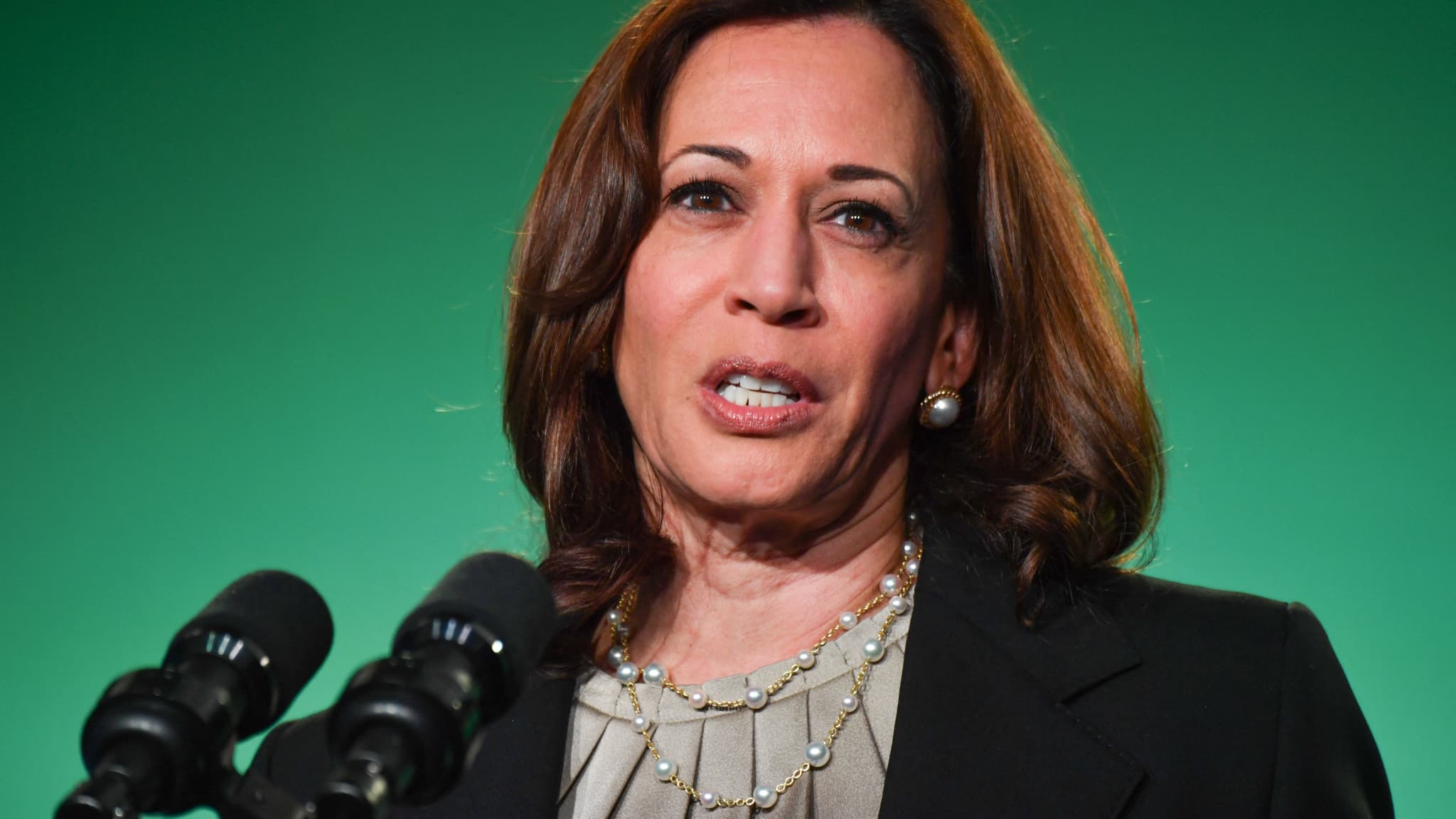Update on economic and humanitarian outcomes

Mali announced its withdrawal from the Economic Community of West African States (ECOWAS) on Sunday 4 February, jointly with Niger and Burkina Faso. What do we know and what questions remain?
Published on: Modified:
4 minutes
Citizens of these three countries, ordinary citizens or economic operators, express their fears about the consequences of such a withdrawal. National authorities have therefore provided preliminary elements to try to reassure them. With confirmation specifically by Malian Foreign Minister Abdoulaye Diop to remain in UEMOA.
The withdrawal of Mali, Niger and Burkina, although announced as immediate, must take a year, according to the Community’s texts. A period during which the three countries must honor their obligations to ECOWAS, but which will also allow them to prepare for the future.
Mali’s main asset is gold, which represents a quarter of its financial resources and more than 75% of its exports. South Africa, Australia and Switzerland. There is no expected impact on the finances of the Malian state in this regard.
Being in UEMOA limits the damage
Then, Mali left ECOWAS but not the West African Economic and Monetary Union (UEMOA). However, this organization offers its eight members the same facilities as ECOWAS for the free movement of people and their goods, but also exempts goods from customs duties. So there has been no change in relations with Ivory Coast or Senegal, for example, the main destinations in West Africa for Malian goods and whose ports are used by Malian entrepreneurs.
Malians living in WAEMU member states should not see their residency status change, as long as Mali remains a member of the financial sector – the same goes for Niger and Burkina Faso.
Although Mali exports little to the subregion, it imports much more. But here again, its main partners are Senegal and Ivory Coast, which are members of UEMOA. Hence products imported from these countries will not be taxed more. Mali also relies on the UEMOA financial market to raise funds, in this particular case the possibility of an increase in interest rates, which have already exploded since the beginning of the transition period.
If exiting ECOWAS should have an overall negative impact on the economies of Mali, Niger and Burkina, this impact would also be greatly limited by their remaining in UEMOA. The latter which has not officially reacted to the ECOWAS withdrawal announcement. According to inside sources contacted by RFI, political retaliation from other WAEMU member states seems unlikely.
Exiting the CFA franc is more risky
Mali, Niger and Burkina Faso, however, have made no secret of their desire to sever all ties with France. An exit from the CFA franc therefore appears to be a possible next step, but one that would also be riskier. Because for that, they would have to leave UEMOA, and therefore leave the commercial and humanitarian guarantees that this space offers them today.
Also readCédéao, the big loser of the collapse
Economists working on the subject have also stressed the need for these three countries, if they want to undertake such projects, to have adequate foreign exchange reserves and solid institutional credibility to ensure value and stability. , in the long run. , of a possible new currency. As a reminder, ECOWAS is currently working on a planned exit from the franc zone and the establishment of a common currency called Eco.
ECOWAS also has seven non-UEMOA member countries such as Ghana, Gambia, Nigeria and Guinea, with which trade is not insignificant. Mali, like Niger and Burkina Faso, however, may try to establish new bilateral agreements with these countries, for example, to avoid the reintroduction of border taxes.
Disappointing for investors
Another consequence, harder to measure: the impact of this decision on investors. Economic players contacted by RFI suspect that the withdrawal of ECOWAS and the unpredictability of future decisions will contribute to strengthening confidence and making someone like Niger or Burkina decide to put their funds in Mali. Which will have a direct and long-term negative impact on local businesses.
Mali’s National Employers’ Council indicated on Wednesday that its members will ” Concerns and suggestions », which will be analyzed and shared with transition authorities.
Resources: Statistics from the National Institute of Statistics – Instat Mali; “Withdrawal from Burkina Faso, Mali and Niger: What economic issues?”, Iris, by economist Emily Lefito; “The post-ECOWAS economy: challenges and opportunities for Mali, Burkina Faso and Niger”, Ifjam, by economists Etienne Fakaba Sissoko, Laya Amadou Guindo, Alassane Lemine Traure; Official texts of UEMOA and ECOWAS.
Also readMali, Niger and Burkina Faso announce departure from ECOWAS: Human rights weakened?
In Burkina Faso, the country’s withdrawal from ECOWAS has sparked debate
In an interview with the Burkina Faso Information Agency, the official press agency, the Minister of Economy and Finance confirms that his country remains in the West African Monetary Union (UEMOA). ” We remain a member of UEMOA », Abubakar Nakanabo underlined the journalists of Burki’s information agency. The Minister of Economy and Finance insists that for the moment, his country has not observed the same facts as the accusers of ECOWAS at the UEMOA level. So Burkina remains for the moment in a monetary union with the CFA franc as the common currency.
He also believes that the exit from ECOWAS will not have a significant impact on the trade level, as UEMOA’s common external tariff will help mitigate the consequences of the divorce. However, in an interview on January 30, the transition president, Captain Ibrahim Traure, insisted that the withdrawal from ECOWAS was only the beginning and that with the new rupture “ colonial chains » CFA was to be erected, not excluding exit from the zone. ” It’s not just money. We will break all bonds that hold us in slavery » he indicated. The day after this announcement, Burkina Faso had to postpone the start of a 35 billion FCFA loan on the common money market.



:quality(85)/cloudfront-us-east-1.images.arcpublishing.com/infobae/W6YKVA62LNAU7CUVVAD7ZNMCTQ.jpg)

